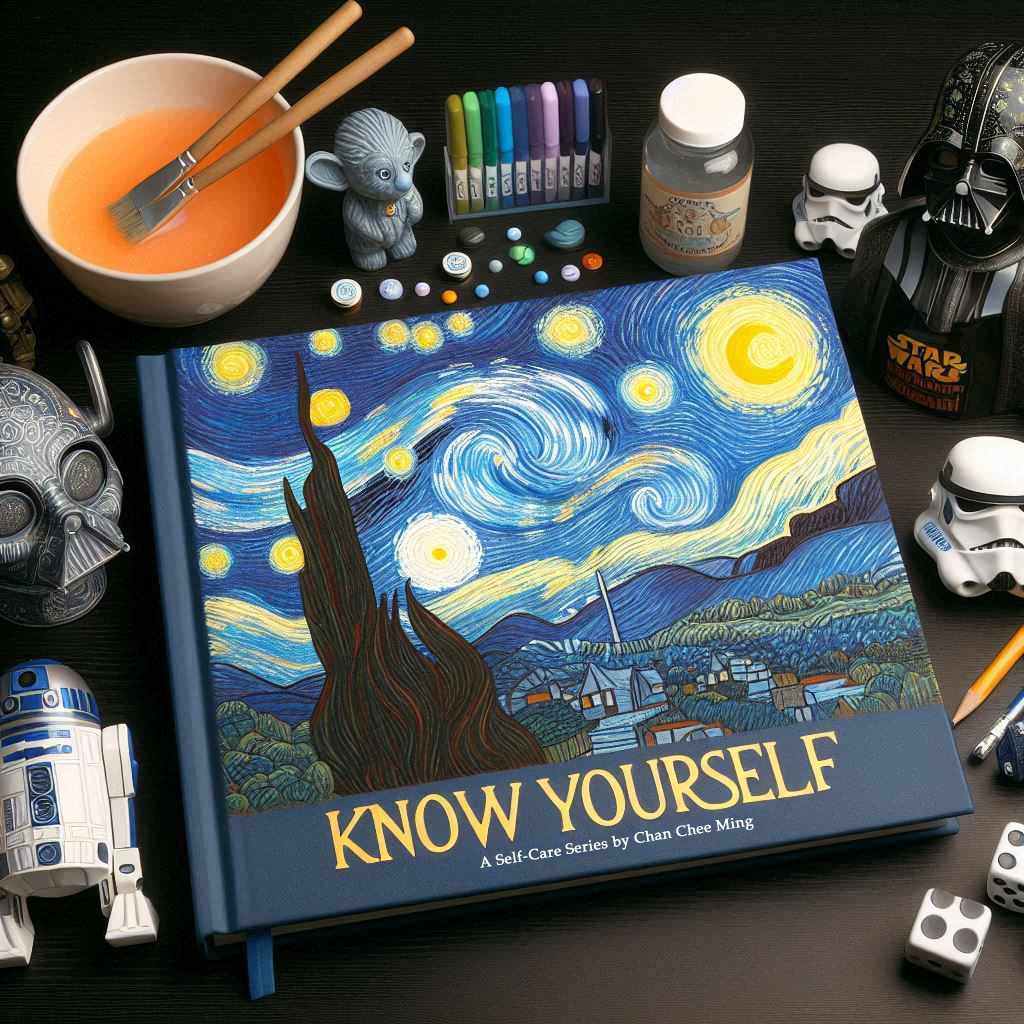Self-Care Series
by
Prof. Ir. Dr. Chan Chee Ming
Dept. of Civil Engineering Technology,
Faculty of Engineering Technology, UTHM.
Self-Care Series: Know Yourself
Welcome to the Self-Care Series: Know Yourself, presented by Prof. Ir. Dr. Chan Chee Ming from the Faculty of Technology Engineering at UTHM.
This series of insightful videos is designed to help you understand various psychological concepts and how they impact your daily life. From exploring the Primacy Effect to understanding Social Comparison Theory, each video offers valuable knowledge to enhance your self-awareness and personal growth.
Dive in and start your journey towards better self-care and self-understanding today!

The Introduction
The video introduces a self-care series titled “Know Yourself,” where a former student and current lecturer shares their educational journey and experiences to connect with the audience. The series aims to help students understand themselves better, identify their strengths and weaknesses, and improve their relationships and personal growth. It emphasizes the importance of self-awareness, quoting Aristotle on wisdom, and aims to empower students through practical tips and skills for self-discovery. The series is structured into seven slots, each covering different topics with specific learning outcomes, and encourages a flexible approach to watching and discussing the content.
SelfCARE 1 Self Handicapping
This video is part of the self-care series, focusing on self-handicapping. The speaker explains how self-handicapping involves making excuses for potential poor performance, such as claiming lack of preparation or disliking a topic. This behavior can negatively impact morale and academic performance by reducing motivation and creating a false sense of security. The speaker encourages students to avoid self-handicapping and instead stay focused and motivated during exam season.
SelfCARE 2 Primacy Effect
This video is part of a self-care series focusing on the primacy effect, a psychological phenomenon where the first information we receive influences our perception. The presenter explains how the arrangement of traits (positive to negative or vice versa) can significantly alter first impressions. Using an example, the video demonstrates how the same traits can lead to different perceptions based on their order. The primacy effect is highlighted as crucial in situations like job interviews, where first impressions matter. The video encourages viewers to be mindful of their initial presentation to make a positive impact.
SelfCARE 3 Halo Effect
This video discusses the “halo effect,” a cognitive bias where our overall impression of a person influences how we perceive their other traits. The speaker explains that if we know someone has a positive attribute, like graduating top of their class, we tend to assume they have other positive qualities. Conversely, if we know someone has a less impressive background, we might unfairly associate them with negative traits. The video emphasizes the importance of recognizing and leveraging our strengths while working on our weaknesses to improve personal and professional growth.
SelfCARE 4 Reward Deficiency Syndrome
This video discusses the concept of Reward Deficiency Syndrome, using relatable examples to illustrate how instant gratification differs from the satisfaction derived from effortful achievements. The speaker compares eating pre-shelled nuts to peeling them yourself, highlighting the greater sense of accomplishment and enjoyment from the latter. This analogy extends to preparing meals from scratch versus consuming fast food, and completing assignments with genuine effort versus relying on AI tools like ChatGPT. The key message is that hard work and effort lead to a more meaningful and rewarding sense of achievement.
SelfCARE 5 Contextual Effect
This video, part of the "Self-Care Series: Know Yourself," discusses the concept of contextual effect. It explains how external factors, like advertisements featuring celebrities, can influence our purchasing decisions, often leading us to buy things we don't need. The video also illustrates how context can change our perception of information, using examples like interpreting a figure as either the number 13 or the letter B depending on its surrounding context. It concludes by emphasizing the importance of being mindful of the company we keep, as people tend to associate individual traits with the group they belong to. The video encourages viewers to stay focused and make conscious choices about their associations and influences.
SelfCARE 6 Self Efficacy Effect
This video discusses the concept of self-efficacy, introduced by psychologist Albert Bandura. It emphasizes the importance of believing in one's ability to succeed, even when faced with challenging tasks. The speaker highlights that past successes, no matter how small, can boost self-confidence and drive future achievements. Additionally, observing and learning from others who have succeeded in similar situations can also enhance one's self-efficacy. The video concludes by encouraging students to trust in their abilities and stay focused on their goals, regardless of external circumstances.
SelfCARE 7 Social Comparasion Theory
This video is part of a self-care series focusing on the Social Comparison Theory. It explains how comparing ourselves to others can be beneficial. Downward comparison, where we compare ourselves to those less fortunate, fosters gratitude and security. Upward comparison, where we look at those better off, inspires admiration and motivation to improve. The video emphasizes the importance of balancing these comparisons to avoid complacency or deflation, encouraging continuous self-improvement and pursuit of a better version of ourselves.

